At Education America, we’re committed to leading better conversations about education. Sometimes that means we’re talking to educators about what’s working and what’s not. Sometimes it means we’re asking parents what they care about and how they’re helping their kids make the most out of learning. Sometimes it’s about trends or traditions; books we’ve read or talks we’ve watched.
The Minnesota legislative session just wrapped up but with many issues still unresolved. As we await specifics on what was agreed upon in these most recent sessions, it’s worth talking about why these discussions matter.
Even before COVID-19’s hurdles and hiccups (and horrors?) took hold of our students’ classroom experiences, education was already in a tough spot in our country. Standards and systems of measurement are floundering. Class sizes are expanding without any proportionate expansion of funding or support. Teachers’ access to resources and levels of job satisfaction both seem to be waning. Funding conundrums and curriculum questions dominate election seasons and legislative sessions. And then in all of this, the health and economic crisis compounded our dilemmas and magnified the issues in education.
Follow the Money
If you want to know the values of a person, an organization, or of a culture, look at how it spends its money. Someone much wiser said it this way, “Where your treasure is, there your heart will be.” So if you really want to know what our nation is looking to build — educationally speaking — you needn’t look any further than how resources are allocated.
Overall performance in our public school system has been rocky for years. Educational strategies continue to strive for deliverables they have thus far been unable to reach. Changes on state and national levels have failed to deliver. No amount of policy-writing or legislation have been able to solve it. No fundamental changes to curriculum have been able to move the needle.
These challenges in the classrooms of our nation are being reflected in how students are engaging in the classroom and performing on standardized tests.
The facts are clear: Performance has dropped and our standards have followed. Or is it the other way around?
And yet, despite many of the trends happening in the public arena of education, there are some things that are working:
- There are ideas that have taken root and have made a difference in how kids engage with curriculum.
- There are educational methods that are producing students who can interact intellectually at higher levels.
- There are concepts that, when practiced, actually build a whole person — helping them to not just pass tests but to live lives of substance and significance.
- There are educational systems and programs that are seeing consistent and even significantly improving results both in student/classroom engagement as well as standardized testing.
The logical question is this: If other things are working, why aren’t they being funded at state and national levels? And why are these things being overlooked in order to fund an existing, arguably ineffective, system?
Over the next several weeks, we want to address all of this at Education America. We will be talking about this most recent legislation session. We will be talking to parents who have ideas on how their children can be served better than with the public school’s curriculum and programming. We will be talking with Senator Roger Chamberlain as he talks about some of the changes being proposed that will make school choice a much bigger part of the conversation.
